The new frontier of artificial intelligence (AI) is being explored to tell the stories of kaumātua to younger generations, putting an innovative twist on the oral traditions of kōrero tuku iho.
The Rauawaawa Kaumātua Charitable Trust in Kirikiriroa Hamilton is harnessing the emerging technology in workshops to record and pass down insights and personal history from kaumātua to tamariki, producing poems and striking images that tell of lives of adventure, achievement and overcoming struggle.
The workshops are part of the Trust’s Kaumātua Mātauranga Tuku Iho suite of programmes – focused on supporting positive mental and spiritual health through a reconnection to culture.
Rauawaawa Kaumātua Charitable Trust CEO Rangimahora Reddy says some of their kaumātua have led difficult lives and come through significant personal challenges, so giving them an opportunity to share their stories in a creative and constructive way is powerful.
“Our kaumātua know their mokopuna are interested in AI technology, so using this platform gives them a chance to connect with them, capture their attention and start conversations about the lives they've lived, and the lessons learned,” says Rangimahora.
“Some of these stories are deeply personal and tough to tell, so it can also be a way of healing through creative expression and images.”
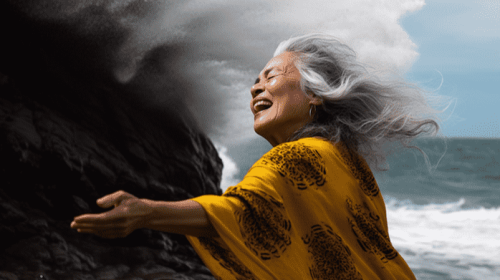
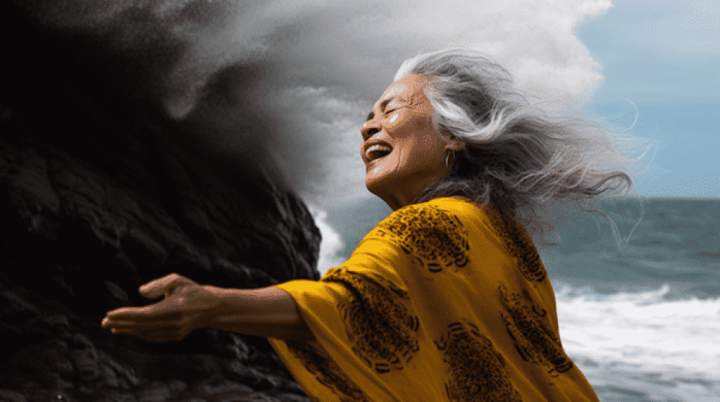
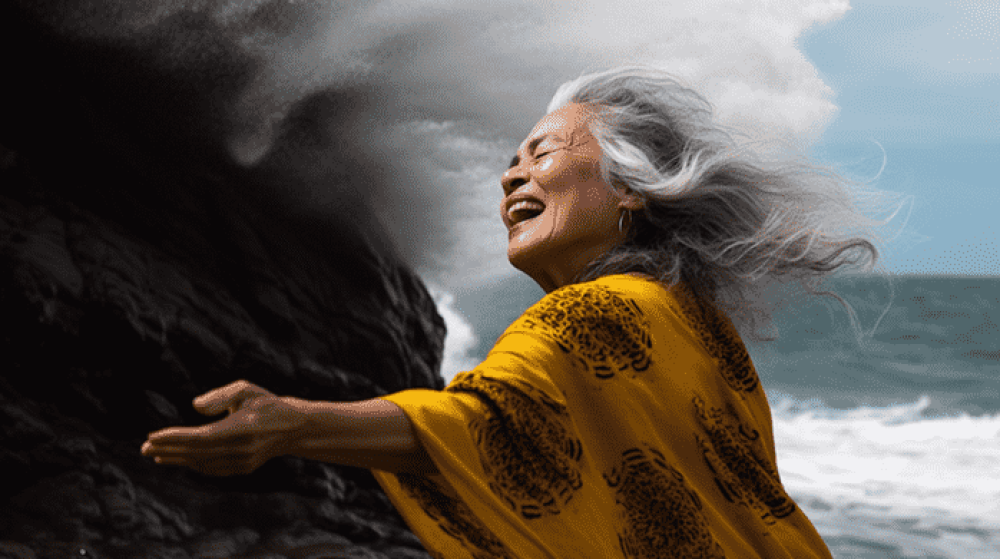
Two main streams within the programme are supported by Te Aka Whai Ora: Te Puna Tikanga, which includes the AI workshops, and focusses on identity – reconnecting with their culture, reo and whakapapa.
Hiki te Hauora focuses on rongoā and the natural environment, and empowers kaumātua by providing hands-on experiences of seeding, cultivating, and harvesting rongoā for personal use, alongside wānanga with healthcare experts to explore the complementary nature of rongoā, such as the potent kawakawa, alongside mainstream medical treatments.
According to kaumātua evaluations measuring the impact of this program so far, over 80 percent report an improvement in their wellbeing and health knowledge, and 72 percent of participants report an improvement in their physical and mental wellbeing.
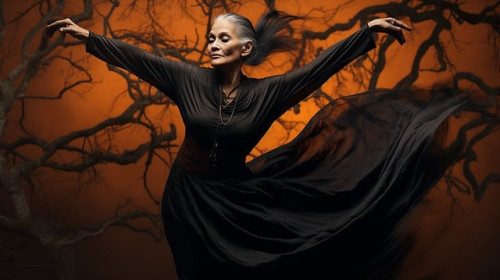
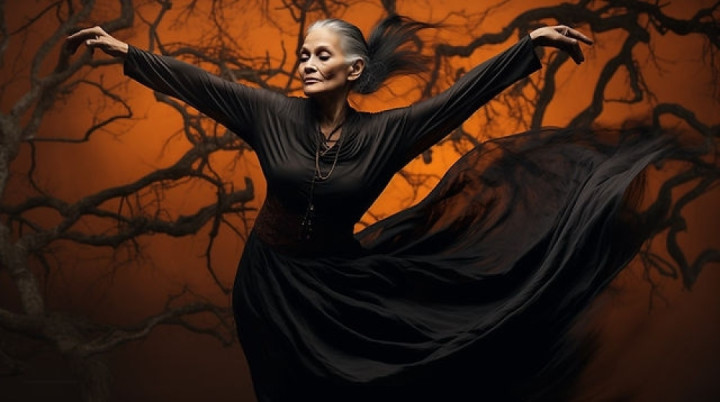
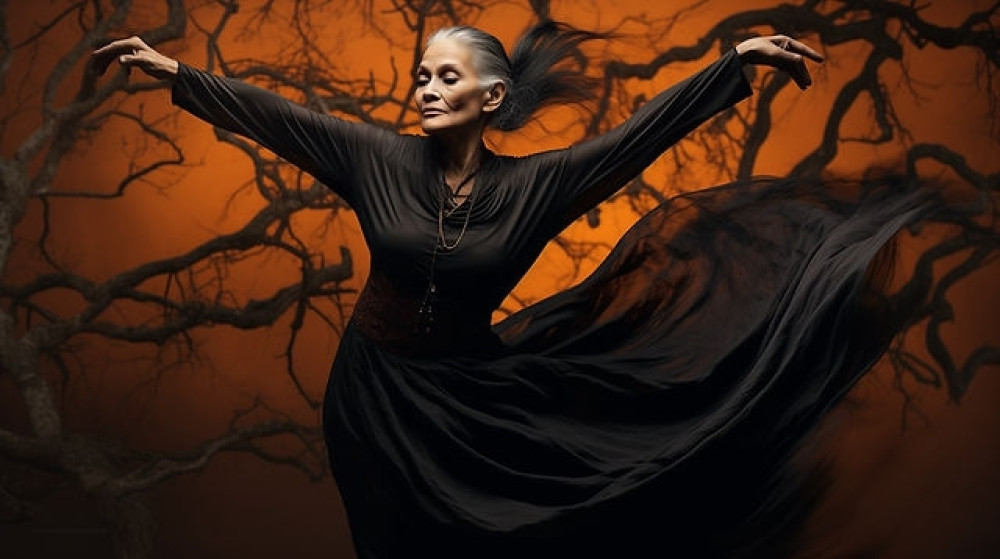
These findings highlight the first half of the programme’s success and also the vital connection between culture and health.
Te Aka Whai Ora DCE Mātauranga Māori, Kingi Kiriona says this is an example of how we can use modern technology to our advantage.
“Reconnecting with our traditional practices, strengthening our self-worth and building stronger connections with the next generation is an important protective factor and can have a huge impact on the health of our elders,” says Kingi.